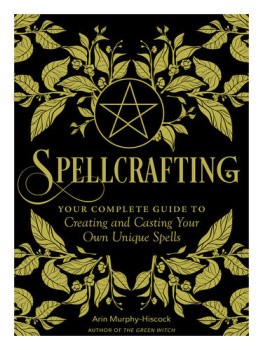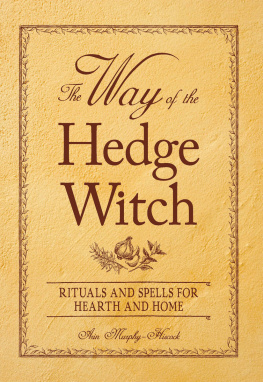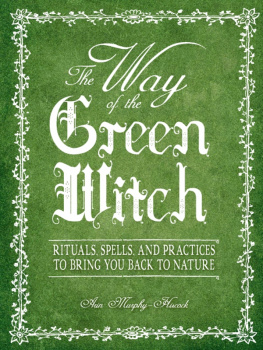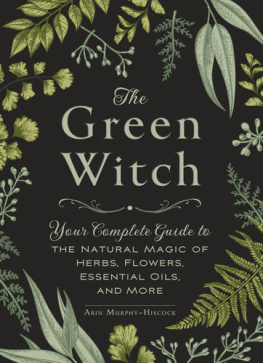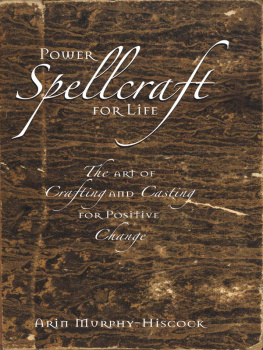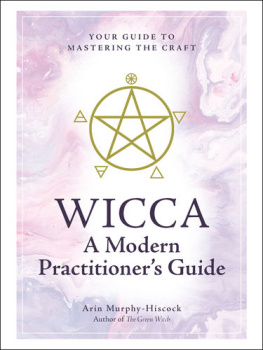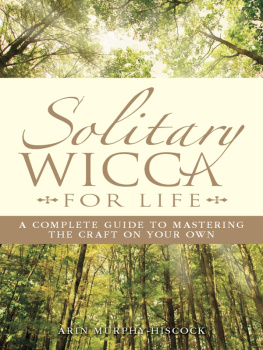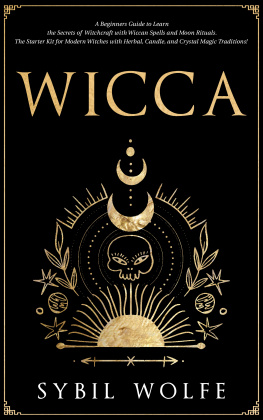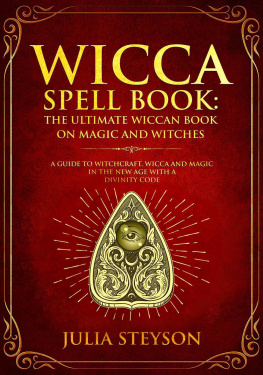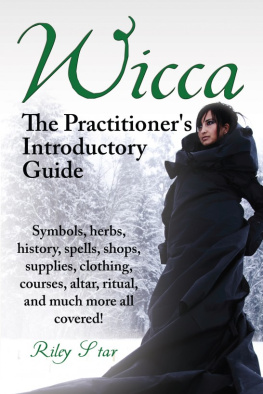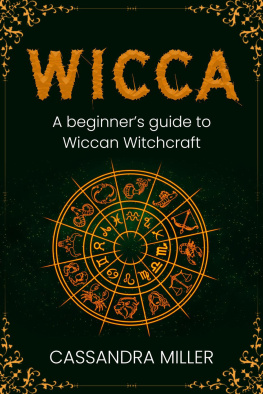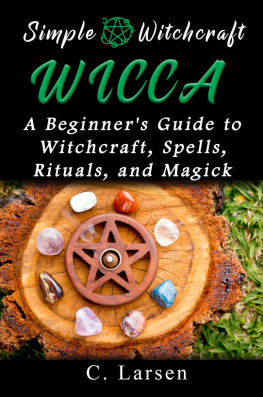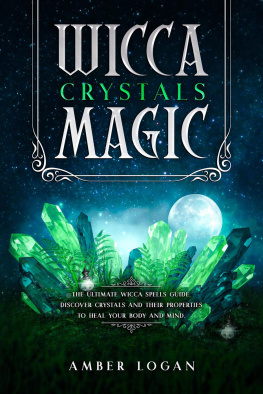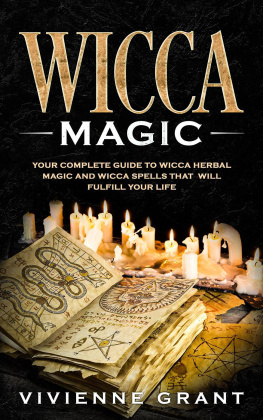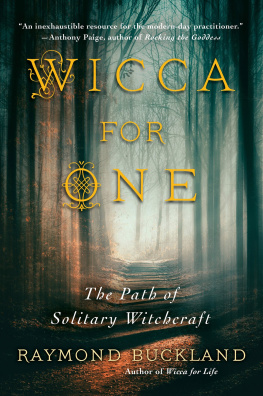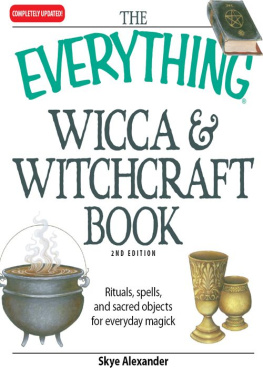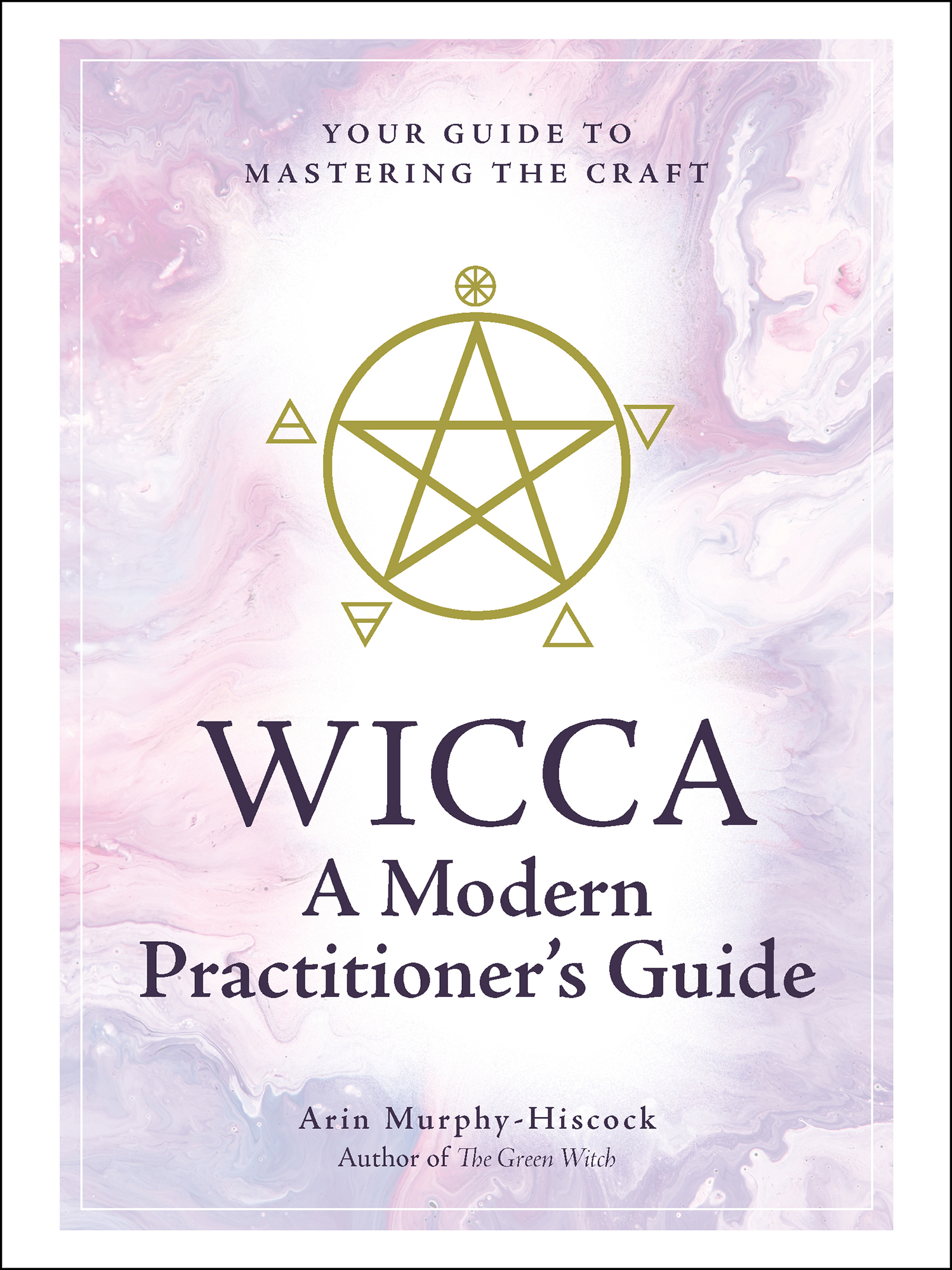Contents
Guide

Adams Media
An Imprint of Simon & Schuster, Inc.
57 Littlefield Street
Avon, Massachusetts 02322
www.SimonandSchuster.com
Copyright 2019 by Simon & Schuster, Inc.
All rights reserved, including the right to reproduce this book or portions thereof in any form whatsoever. For information address Adams Media Subsidiary Rights Department, 1230 Avenue of the Americas, New York, NY 10020.
First Adams Media hardcover edition August 2019
ADAMS MEDIA and colophon are trademarks of Simon & Schuster.
For information about special discounts for bulk purchases, please contact Simon & Schuster Special Sales at 1-866-506-1949 or .
The Simon & Schuster Speakers Bureau can bring authors to your live event. For more information or to book an event contact the Simon & Schuster Speakers Bureau at 1-866-248-3049 or visit our website at www.simonspeakers.com.
Interior design by Michelle Kelly
Cover design by Frank Rivera
Cover images 123RF/Nik Merkulov; Simon & Schuster, Inc.
Library of Congress Cataloging-in-Publication Data
Names: Murphy-Hiscock, Arin, author.
Title: Wicca: a modern practitioners guide / Arin Murphy-Hiscock, author of The green witch.
Description: Avon, Massachusetts: Adams Media, 2019.
Includes bibliographical references and index.
Identifiers: LCCN 2019006900 | ISBN 9781507210741 (hc) | ISBN 9781507210758 (ebook)
Subjects: LCSH: Witchcraft.
Classification: LCC BF1566 .M795 2019 | DDC 133.4/3--dc23
LC record available at https://lccn.loc.gov/2019006900
ISBN 978-1-5072-1074-1
ISBN 978-1-5072-1075-8 (ebook)
Many of the designations used by manufacturers and sellers to distinguish their products are claimed as trademarks. Where those designations appear in this book and Simon & Schuster, Inc., was aware of a trademark claim, the designations have been printed with initial capital letters.
This book is intended as general information only, and should not be used to diagnose or treat any health condition. In light of the complex, individual, and specific nature of health problems, this book is not intended to replace professional medical advice. The ideas, procedures, and suggestions in this book are intended to supplement, not replace, the advice of a trained medical professional. Consult your physician before adopting any of the suggestions in this book, as well as about any condition that may require diagnosis or medical attention. The author and publisher disclaim any liability arising directly or indirectly from the use of this book.
Contains material adapted from the following title published by Adams Media, an Imprint of Simon & Schuster, Inc.: Solitary Wicca for Life by Arin Murphy-Hiscock, copyright 2005, ISBN 978-1-59337-353-5.
Introduction
Wicca is a beautiful spiritual path that celebrates life, nature, and balance. As a beginner on this path, you learn something new every day and experience new sensations and feelings as you explore your spirituality. Now, as a more experienced practitioner, it is time to advance your skills and bring your learning to the next level.
As an intermediate Wiccan, you have reached a point where you want to know more , to really understand the how and why behind each basic step. You are now ready to begin crafting your own rituals step by step so that they reflect your personal interpretation of the Wiccan practice.
Wicca: A Modern Practitioners Guide takes a fresh approach to this intermediate Wiccan learning. Inside these pages youll take an in-depth look at the various elements of Wiccan practice and ritual, learn how to vary your practice, and challenge your existing notions of what Wicca is and what constitutes Wiccan tradition. Youll also explore simple and complex rites and reveal the inner workings of rituals to enhance celebration for every practitioner, whether you work alone or in a group environment.
True spiritual growth comes from challenge and change, so use the techniques and advice in this helpful guide to revisit the how and why of your path and expand your awareness of how your personal practice is put together. This book will help you reexamine the basics of Wicca from a more experienced position and learn how to create rich, rewarding rituals that will foster your personal growth in positive and joyous ways.
You will notice that unless a ritual is specifically directed toward a unique god, the invoked God and Goddess are usually addressed as Lord and Lady to maintain a broad application. You are free to substitute the god-names you prefer to work with to personalize your invocations.

Chapter One
Practicing Wicca
This chapter will review the defining tenets of Wicca and differentiate traditional Wicca from the more flexible path of eclectic Wiccathe path upon which you most likely find yourself. Wicca is a flexible religion, not a free-form spiritual path. It has defined practices, beliefs, and ethical codes. Within this context, however, there exists great room for personal expression. For those who have practiced for several years, this chapter will serve to refresh and refine your understanding of what your spiritual path is.
The Origins of Wicca
It is inaccurate to say that Wicca is an ancient religion. The components and source material that combined to provide a base for Wicca may be of various vintages, but that doesnt make the finished product old by association. Wicca can be compared to a mosaic made from chips of stone gathered from a ruined temple or historical site. The material is ancient and imbued with history, but the mosaic created with it is an original piece of work. There is nothing shameful about a modern religion, particularly a modern religion that embraces love and life, and honors the past.
The roots of Wicca, as originally defined by British, Italian, and Northern Europe pre-Christian practices, probably honored a moon goddess and a hunter/vegetation god. These roots centered on fertility, and specific practices, such as celebrating festivals and holy days, were based on traditional localized agricultural celebrations.
The word Wicca has a variety of potential etymological sources, with roots in Old English and German as well as other Indo-European languages. The Indo-European root word win or wik has been incorporated into several European languages to describe such things as magic and religion, sorcery and holiness, and bending and shaping. The Indo-European root wit or wid is sometimes pulled into the equation as well: for example, the Old English word witan means to know, and the element of wisdom is an important component of most religions as well as the practice of witchcraft. The Old German word woken means to practice witchcraft, and the word weihan of the same language means to consecrate, while the Old English word wican means to bend. All these concepts reflect important aspects of the practice of modern Wicca. The actual word wicca is a variation of wica , an Old English word meaning a male practitioner of witchcraft (the female version is wicce , later associated specifically with a female diviner).

